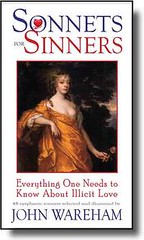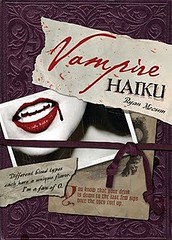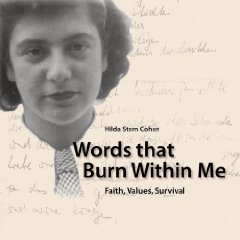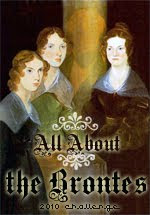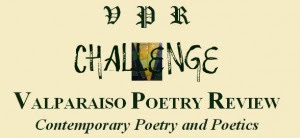
See the books I reviewed here.
I joined the 2010 Ireland Reading Challenge (click on the image for more information) at the Shamrock Level for 2 books.
Check out my book reviews here.
I’ve completed this challenge by reading 3 books. Check them out here.
Ok, that’s it for the completed challenges. For the other challenges and my progress, here you go:
I’ve read 34 out of 50 books for this challenge. Check them out here.
I’ve read 3 out of 10 books for this challenge. Check them out here.
I’ve read 5 out of 11 books for this challenge. Check them out here.






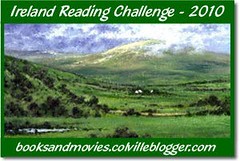






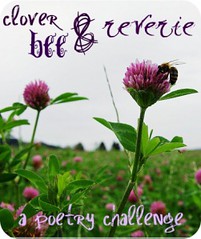

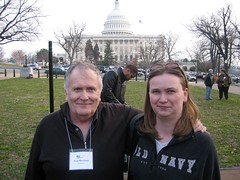 About the Poet:
About the Poet: When I was asked by Nicole at Linus’s Blanket to join her on
When I was asked by Nicole at Linus’s Blanket to join her on 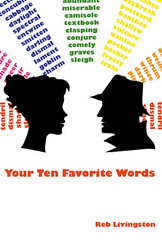
 About the Poet:
About the Poet: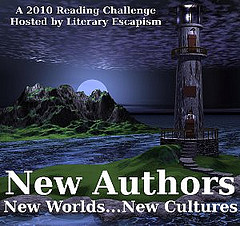
 Since Reb Livingston is a local D.C. area poet, this is a great look at her work as part of The Literary Road Trip, which has moved to
Since Reb Livingston is a local D.C. area poet, this is a great look at her work as part of The Literary Road Trip, which has moved to 

 ***
***